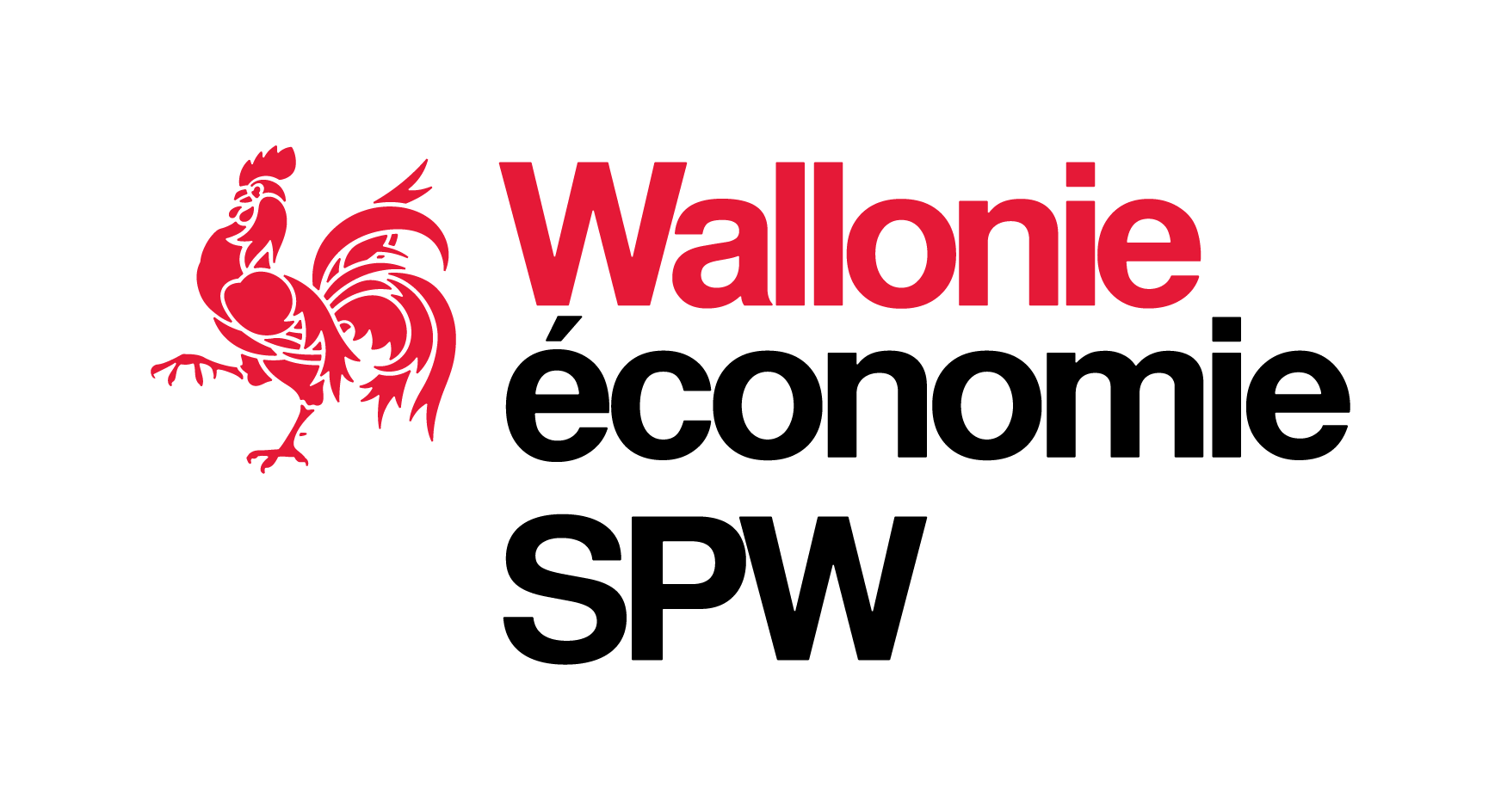Social economy enterprise in the property sector
Do you have a social property project? Are you planning to acquire a building to create social housing or rent it out to ASBLs or social enterprises? You may be eligible for a grant to cover the costs of managing your project.

What is the grant for social property management enterprises?
This grant is intended to provide financial support to social economy enterprises purchasing buildings for renovation or conversion. These buildings can become private or social housing, or professional spaces for ASBLs or other social economy enterprises.
What can this grant cover?
This grant aims to cover the project management costs, i.e. the personnel and operating costs linked to the project. It does not cover the cost of purchasing or renovating buildings, nor the associated taxes.
How much is the grant?
The financial assistance is divided into two parts:
- a basic grant of up to €60,000.
- an additional grant of up to €35,000, awarded within two years of the basic grant, if:
- The building(s) acquired are located in a Priority Initiative Zone.
- The acquired building(s) will make it possible to put at least six housing units and/or professional spaces back on the rental market.
- At least 30% of the company's shareholders are individuals.
- At least one third of the tenants are involved in one of the partnerships set up by the social economy enterprise to create social rental spaces.
- As part of its renovation work, the company helps trainees and job-seekers transition to employment with companies in the construction sector.
- The building meets "very low energy" performance requirements (E W 45 and K ≤30).
The amount of the additional grant will be:
- €15,000 if at least one criterion is met.
- €20,000 if at least two criteria are met.
- €35,000 if at least three criteria are met.
A company can only apply for the full grant (base and supplement) once every five years.

Who is it for? How? Read about the details
- Applying for a grant for a social economy enterprise in the property sector
- Request your "social economy" certificate as an employer (Art. 60 §7 with increased subsidies)
- Request your SINE employer certificate to benefit from SINE advantages when hiring
Inspection: are you compliant ?
Inspections can be carried out at any time in the field. Their aim is to check compliance with current regulations, licensing requirements and the conditions for granting any financial aid provided by the Walloon Region and/or co-financed by European funds. These inspections aim to encourage compliance with the rules and sanction irregularities, fraud and certain forms of operation.
Inspections can be triggered in a number of situations: on the initiative of the authorities, following a complaint or report, or at the request of the Labour Prosecutor the King's Public Prosecutor.
The inspectors in charge of inspections have several powers, including conducting investigations, drawing up Pro Justitia, entering workplaces or, with authorisation, inhabited areas, checking identities, searching for, examining and copying data media, making image-based observations, conducting hearings, and seizing and sealing goods.
They can carry out these inspections unannounced, or announce them in advance. It is therefore important to always be ready to ensure that an inspection can run smoothly.
Legal framework: The work of the Inspection Services is governed by the Decree on Economic, Employment and Research Inspection, and the Decree on Vocational Training and Retraining.
How to prepare for an inspection ?
You can be inspected at any time, whether announced or unannounced. To be ready for an inspection with peace of mind, it is essential that you comply with the legislation governing your business.
The best course of action, even before an inspection is carried out, is to keep the documents proving compliance with the regulations governing your activities (licences, cards, certifications, etc.) close at hand. Inspections are based on tangible evidence, not mere declarations. It is therefore important to provide the inspector with all the documents and information requested, in full transparency.
Collaboration is essential for effective, constructive inspections. Welcome the inspector and provide give them the help they need to accomplish their mission.
What to do after the inspection ?
If the inspection went well, congratulations! Keep up the momentum to maintain your compliance. However, if you have failed to take the necessary steps, or neglected certain legal obligations, you may be subject to sanctions. Inspections may reveal irregularities or infringements, varying in seriousness from minor irregularities due to ignorance of the law to outright fraud.
Depending on the situation, the risks involved are:
- a simple warning, with the obligation to put things right,
- a proposal to withdraw or recover all or part of the subsidy, approval or authorisation,
- a statement of offences, which may result in penal or administrative sanctions.
These sanctions may have consequences for your business. It is therefore important to regularise your situation as soon as possible to avoid facing this problem.
Any questions? Any problems?
Directorate of the Social Economy
Boulevard Cauchy 43
5000 NAMUR
Are you looking for other solutions for your project?

Receive personalised advice and quickly find the answers to your questions. Find the help you need on 1890.be.
Discover other solutionsOther state aid

Innovation, training, exports, consultancy... Take a look at all the state aid available to Walloon companies.
To the Midas databaseThe social economy portal

News, training, job offers, directory, support and financing solutions... Browse the essentials of the social economy, whether you're a project leader, entrepreneur or citizen.
Go to site